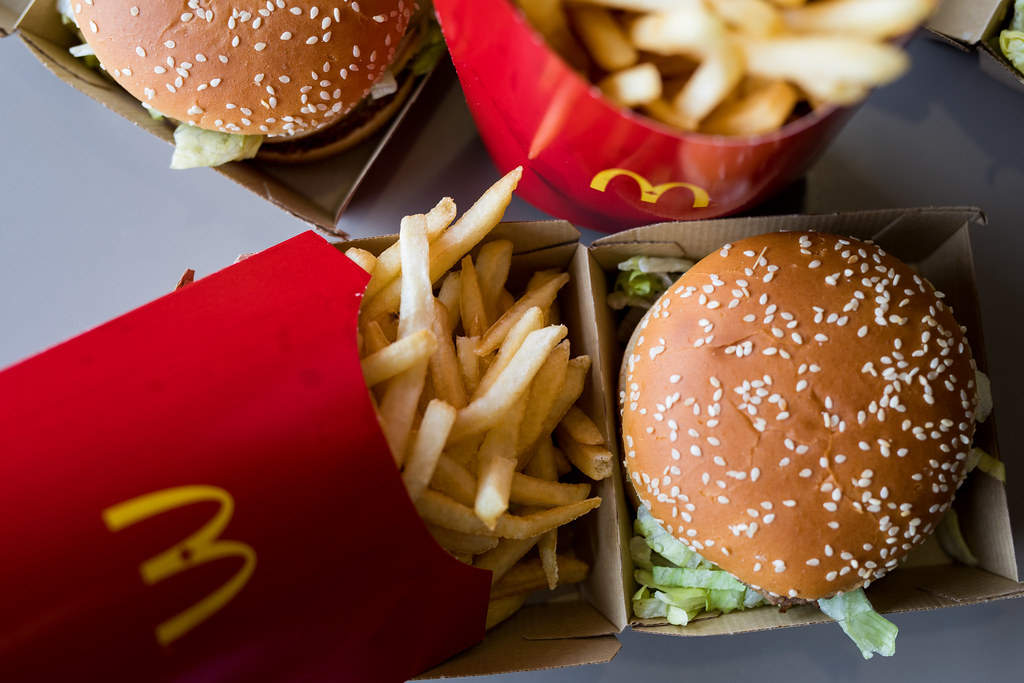McDonald’s Quarter Pounder burgers return to roughly ⅕ of U.S. restaurants this week, or roughly 3,000 locations, after the burger led to a deadly E. coli outbreak. The aftermath of it resulted in 900 of the locations serving without the slivered onions’ as health authorities continue their investigation of the true source of the outbreak.
According to the CDC, Colorado has reported 26 cases, while Montana has 13 reported cases. Hence, cases are also spreading throughout Iowa, Kansas, Michigan, Missouri, Nebraska, New Mexico, Oregon, Utah, Washington, Wisconsin and Wyoming — illnesses have been reported from September 27 and October 10 of this year.
“The true number of sick people in this outbreak is likely much higher than the number reported, and the outbreak may not be limited to the states with known illnesses,” the CDC said in its update. “This is because many people recover without medical care and are not tested for E. coli. In addition, recent illnesses may not yet be reported as it usually takes 3 to 4 weeks to determine if a sick person is part of an outbreak.” McDonald’s says either fresh, slivered onions or beef patties used for the Quarter Pounder may be behind the outbreak.
Mesa County department of health in Colorado has reported one death that was connected with the outbreak; the person was a resident of Mesa County in the western part of the state.
This change will affect restaurants in Colorado, Kansas, and Wyoming and portions of Idaho, Iowa, Missouri, Montana, Nebraska, Nevada, New Mexico, Oklahoma and Utah. “The issue appears to be contained to a particular ingredient and geography, and we remain very confident that any contaminated product related to this outbreak has been removed from our supply chain and is out of all McDonald’s restaurants,” reported Cesar Pinain in a letter sent to the company’s U.S. system, a chief supply chain officer for McDonald’s North American operations. According to Pina, regardless of the cases shown in Colorado, the Colorado Department of Agriculture’s testing did not detect E. coli in samples of the beef patties taken from restaurants in the area, and, because of this, the agency isn’t planning further tests of the company’s beef.







